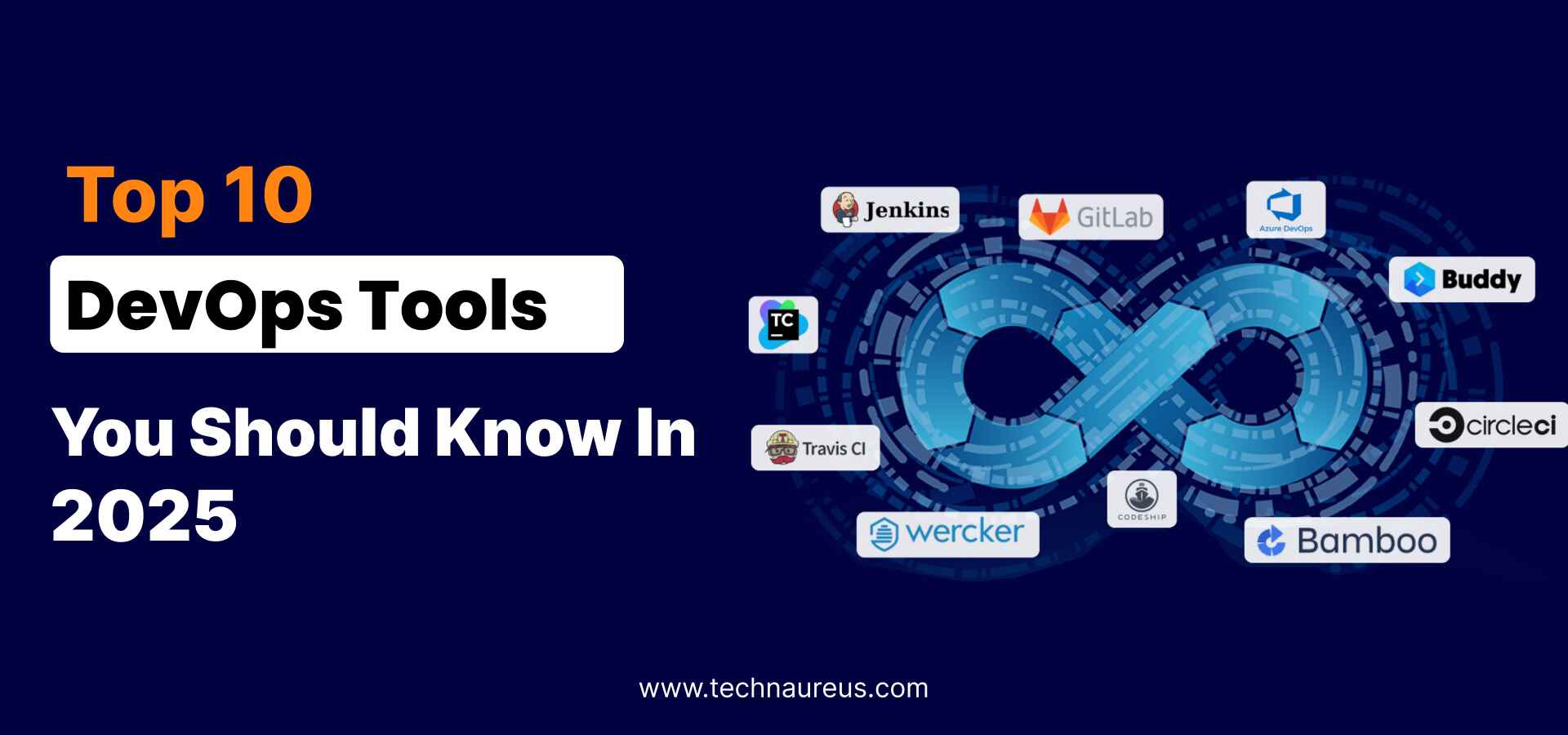Muhammad IrfanJuly 16, 2025
If you're in tech, you've probably noticed how fast DevOps is evolving. With new challenges in deployment, automation, and collaboration, choosing the right tools makes all the difference. Whether you’re a developer, sysadmin, or tech enthusiast, knowing the top DevOps tools in 2025 can give you a huge edge.
Here’s a beginner-friendly breakdown of the most useful DevOps tools that are trending this year:
Perfect for CI/CD, GitHub Actions lets you automate testing, deployment, and workflows right inside your GitHub repositories. It’s easy to configure and integrates smoothly with most services.
GitLab has become a go-to platform for integrated DevOps. Its built-in CI/CD pipelines offer robust control over stages, jobs, and environments.
Docker remains crucial in containerization. It helps you create lightweight, portable, and consistent development environments.
For container orchestration, Kubernetes (K8s) is still king. It’s ideal for managing clusters of containers at scale.
Infrastructure as Code (IaC) is key to modern DevOps. Terraform helps you manage cloud resources like AWS, Azure, and GCP using declarative code.
Ansible is popular for configuration management and automation. Its simple YAML syntax makes it great even for beginners.
When it comes to monitoring, Prometheus is widely used for time-series metrics and alerting.
Jenkins is a veteran in CI/CD. Though older, it's still flexible and supported by a large plugin ecosystem.
Argo CD is rising in popularity for GitOps-based continuous deployment to Kubernetes.
Sentry focuses on error tracking and monitoring for real-time debugging.
DevOps in 2025 is all about speed, reliability, and automation. Whether you’re just starting or scaling enterprise systems, these tools offer solid support. Try combining a few to create an efficient DevOps workflow that fits your team.
Want expert guidance on getting started? Visit our DevOps Services Page to learn how Technaureus can help you implement and scale DevOps for faster, more efficient software delivery.
Which of these tools are you using already—or planning to explore next? Let us know in the comments or share this post with your DevOps crew.
GitHub Actions is great for beginners due to its native integration with GitHub and simple YAML setup.
It has a learning curve, but many tutorials and courses make it accessible for motivated beginners.
Yes. Docker creates containers, while Kubernetes helps manage them at scale.
GitOps is a deployment model where Git repositories act as the source of truth for infrastructure and applications.
Start by assessing your team’s size, project type, and deployment complexity. Then try a few tools and see what integrates best with your workflow.

0